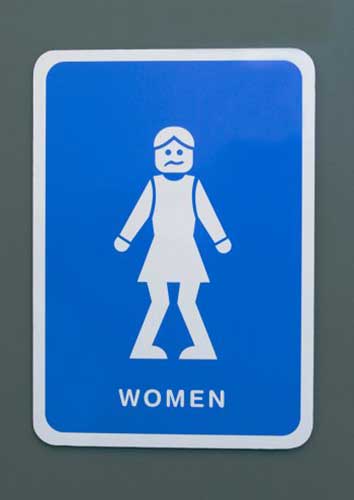A Look at the Causes and Treatments of Urinary Incontinence

The loss of bladder control is referred to as urinary incontinence. The severity of this problem can vary widely. However, whether you experience occasional leakage or frequent accidents, it’s a good idea to consult a urologist. Although many people find bladder leakage to be an embarrassing problem, it’s also important to realize that it’s a common health issue that should be evaluated by a specialist.
Temporary Causes
Urinary incontinence isn’t always the result of an underlying medical problem. A urologist might ask you about your lifestyle because the consumption of alcohol, carbonated drinks, and caffeinated beverages can contribute to urinary incontinence. Certain medications, including muscle relaxants and sedatives, may also be the culprit of temporary incontinence.
Persistent Causes
If you experience persistent urinary incontinence, it may be due to an underlying medical condition such as a neurological disorder or an obstruction of the urinary tract. In men, prostate cancer or an enlarged prostate may lead to incontinence. Women may experience urinary incontinence because of pregnancy, childbirth, menopause, or a hysterectomy.
Behavioral Techniques
There are noninvasive treatment options for urinary incontinence. A urologist might recommend that you try behavioral techniques, for example. These include scheduled toilet trips, double voiding, and careful management of fluids and foods. Bladder training may help those who feel the frequent need to urinate.
Medications
A urologist may prescribe medications to help you control your symptoms. Some examples of medications that may be helpful include anticholinergics and mirabegron. Men may benefit from alpha blockers, while women might try topical estrogen.
Surgical Intervention
When lifestyle changes, behavioral techniques, and medications aren’t enough to manage urinary incontinence, you might consider surgical intervention. Your urologist can explain the types of procedures that may be helpful for you, which may include sling procedures, bladder neck suspension, and prolapse surgery.
Urology Associates P.C. provides comprehensive urinary incontinence diagnosis and treatments at our state-of-the-art center for urology in Nashville. If you’re suffering from incontinence or another urologic condition, don’t delay seeking the help you need. A urologist at our facility can offer recommendations based on your unique needs and preferences.